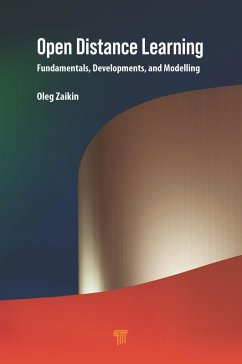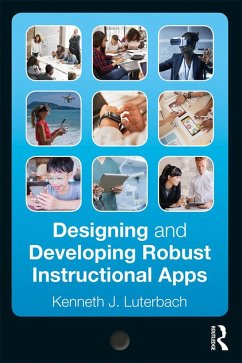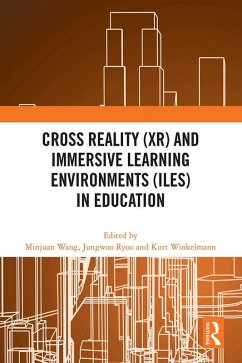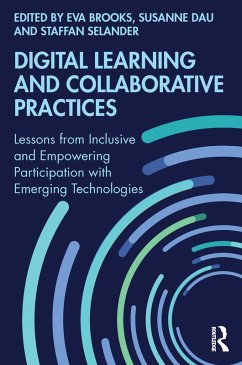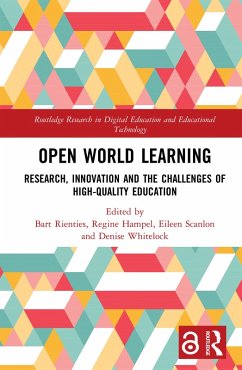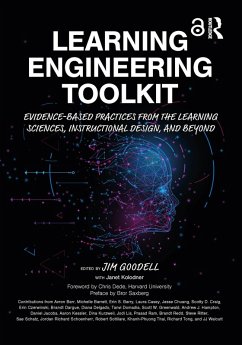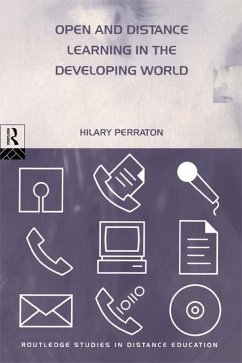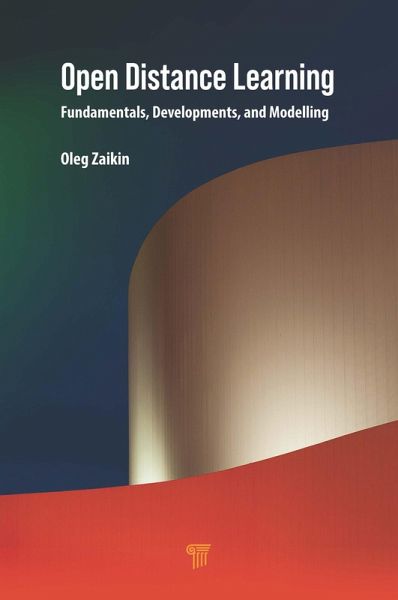
Open Distance Learning (eBook, PDF)
Fundamentals, Developments, and Modelling
Versandkostenfrei!
Sofort per Download lieferbar
114,95 €
inkl. MwSt.
Weitere Ausgaben:

PAYBACK Punkte
57 °P sammeln!
Motivational and social aspects as interactions among teachers and students are essential for a successful educational process in an open distance learning (ODL) environment, and the goal of this book is to develop an interactive model to manage motivation between the participants of the learning process. The book deals with the important and topical problem of e-learning, closely connected with the use of modern information technologies in education. The focus is on developing an information management system for supporting the distance learning process in colleges and universities in the con...
Motivational and social aspects as interactions among teachers and students are essential for a successful educational process in an open distance learning (ODL) environment, and the goal of this book is to develop an interactive model to manage motivation between the participants of the learning process. The book deals with the important and topical problem of e-learning, closely connected with the use of modern information technologies in education. The focus is on developing an information management system for supporting the distance learning process in colleges and universities in the context of steadily expanding information technologies. On the basis of exiting standards (SCORM, etc.) as well as information systems and platforms (e.g., Moodle, etc.), the author proposes a coherent and original concept of modelling three ODL subprocesses: (1) an ontological model (how to represent the structure of didactic materials), (2) a motivation and collaboration model (how to motivate project process participants) and (3) a simulation model (how to realise the learning/project process). The proposed models constitute a theoretical formalization of a new situation in which a teacher and students are obligated to elaborate on didactic material repository content in accordance with the requirements of acquired competencies. A mathematical method based on game theory and simulation is suggested. The kind of educational system represented in the book can be used as a model of open distance learning aimed at active behaviour of students and teachers in not only the development of knowledge but also the acquiring of competencies.
Dieser Download kann aus rechtlichen Gründen nur mit Rechnungsadresse in A, B, BG, CY, CZ, D, DK, EW, E, FIN, F, GR, HR, H, IRL, I, LT, L, LR, M, NL, PL, P, R, S, SLO, SK ausgeliefert werden.




